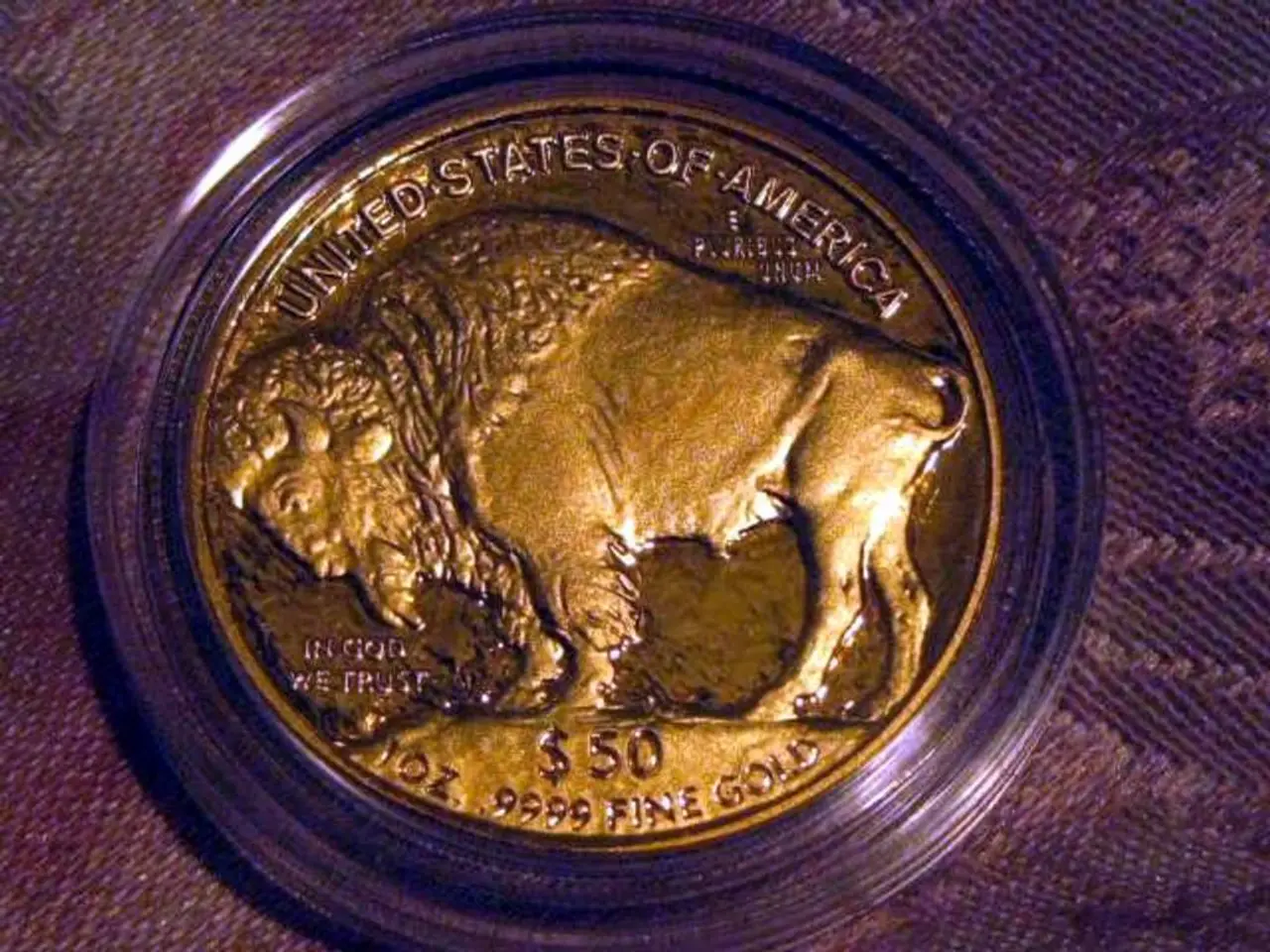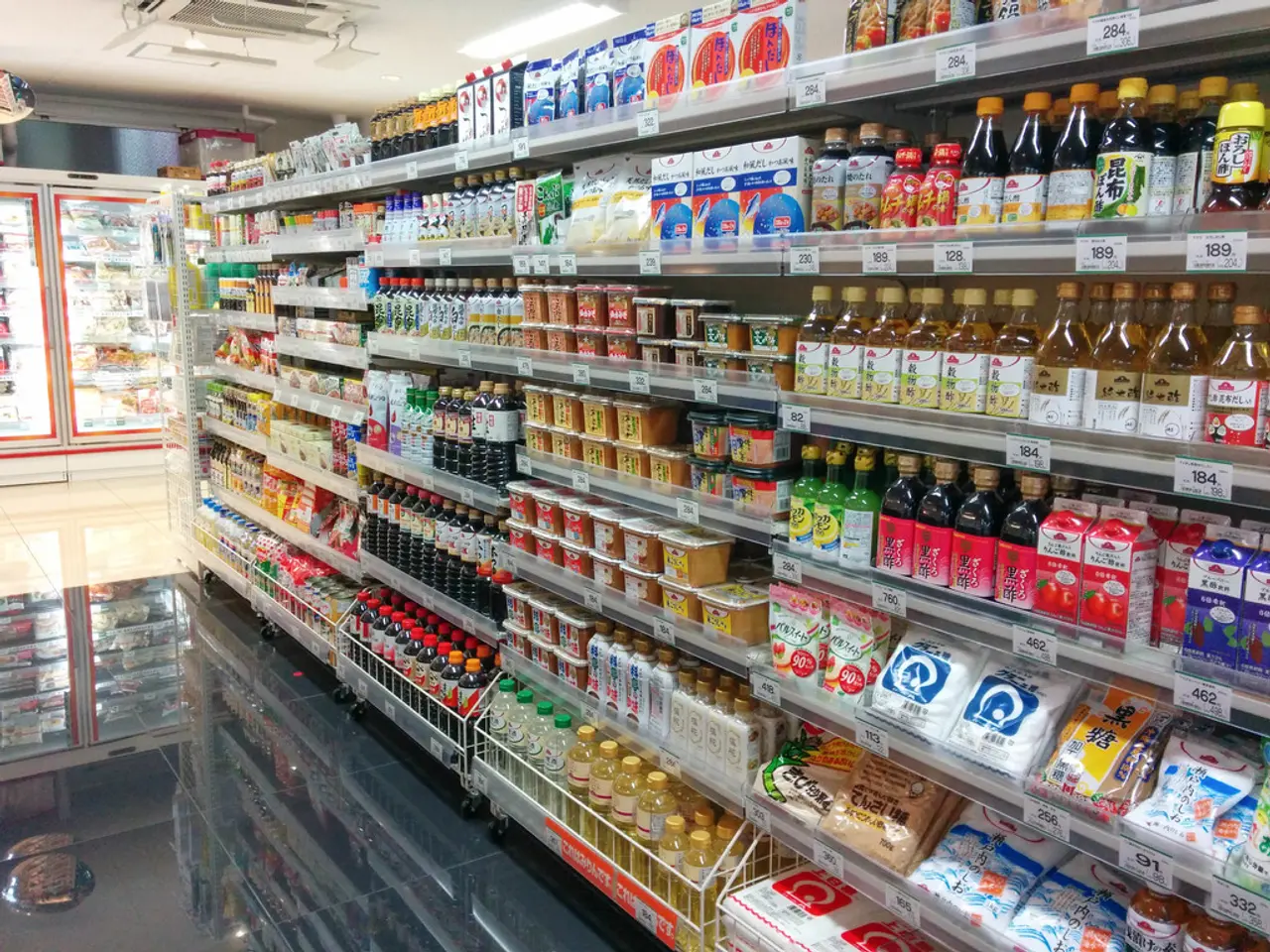Head of China's Central Bank Discloses New Monetary System Post-Dollar Demise
In a candid conversation at the Lujiazui Financial Forum in Shanghai, Pang Gongshan, head of the People’s Bank of China (PBoC), spoke about his vision for the future global currency order. This vision comes after decades of US dollar dominance, according to Pang.
"In the future, there will be room for several sovereign currencies to coexist, competing with and restraining each other," Pang stated, as reported by Bloomberg. He emphasized that this multipolar monetary landscape would be more competitive than the current system.
Currently, Pang noted, discussions revolve around how to reduce excessive dependence on a single currency. He pointed to the significant growth in the yuan’s international standing as an example.
US President Donald Trump's tenure has led to a substantial drop in trust in the US dollar. Investors have been shedding dollars for weeks and months, resulting in a more than 10% depreciation of the dollar compared to the euro, British pound, Swiss franc, and other major world currencies.
Christine Lagarde, head of the European Central Bank (ECB), recently commented that we are witnessing a "global moment" for the euro. Pang used Lagarde's remarks to reinforce his argument that the dominance of the US dollar has been on a continuous decline.
In Beijing, many believe the yuan to be a rival to the US dollar. The strengthening power of the Chinese currency on the global financial stage is partly owed to Trump, who deems China a major competitor of the US. Thanks to Trump's tariffs, many firms, including American companies, are increasingly turning to alternatives like the yuan for their transactions.
Pang is confident that changes in the global monetary system toward multipolarity will have a positive impact. These changes will make the system more resilient and support global financial stability. Moreover, they will encourage countries to strengthen their financial discipline, boosting the resilience of their financial systems.
One of the suggested alternatives for a new global monetary order involves promoting a sovereign super-currency and Special Drawing Rights (SDR) reserves of the International Monetary Fund (IMF). However, many oppose this proposal. Pang shares this view, believing that the current SDR reserves do not have the necessary substance to function as an international currency because they are mainly utilized during crises. In his opinion, more frequent SDR issuance and a significant increase in emission volumes would help improve their solidity.
Pang also addressed the topic of cross-border payment systems, noting that an increasing number of countries prefer to settle transactions in their own currencies. "The situation in which one sovereign currency dominates cross-border transactions is gradually changing," he said.
In summary, Pang Gongshan envisions a future global economy characterized by increased competition among currencies, reduced systemic risks, and enhanced financial stability. Such a system would require careful coordination among central banks, the improvement of financial technologies, and the development of cross-border payment infrastructures.
Suppose you'd like to know more about recent initiatives, such as the internationalization of the yuan or regional currency swap arrangements, that align with Pang's vision. In that case, I can share some insights.
"Businesses may find it beneficial to diversify their finances as Pang Gongshan proposes a future global economy with increased competition among currencies."
"This shift towards a multipolar financial landscape, as envisioned by Pang, could lead to more resilient and financially disciplined nations, potentially impacting various business sectors globally."




